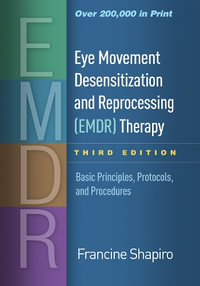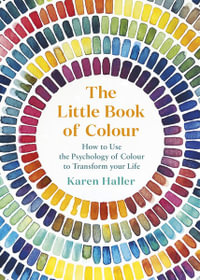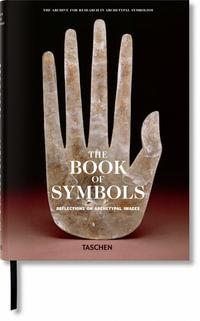Traversing the Fantasy proposes a new and comprehensive model of spectatorship at the heart of which it draws an analogy between the ethics of Lacanian psychoanalysis and the ethics of narrative film. It demonstrates how spectators engage with narrative film, undergoing unconscious processes that generate a shift in the adherence to fantasies that impede assuming responsibility for one's fate and well being, as well as fantasies that cover over historical and social atrocities or injustices.
The authors discuss the affinities that the ontology and aesthetics of narrative film share with subjective, unconscious processes, offering new insights into the popular appeal of narrative film, through three film corpora, analyzed at length: body-character-breach films; gender-crossing films; and dreaming-character films. With a range of case studies from the old (North by Northwest, Some Like it Hot, Victor Victoria) to the new (Shutter Island, Her, Dallas Buyers Club), Sandra Meiri and Odeya Kohen Raz build on current psychoanalytic ideas about the cinema and take them in a completely new direction that promises to be the basis for further developments in the field.
Industry Reviews
Traversing the Fantasy is an epochal engagement with the ethics of cinemagoing. By elaborating on the central role that fantasy has in the cinema, Sandra Meiri and Odeya Kohen-Raz make clear the ethical stakes in play every time we see a film. By taking fantasy as the starting point, they produce an ethical system that permits spectators how a given film asks them to relate to their own desire. The final result of Traversing the Fantasy is a psychoanalytic conception of cinema that allows us to completely reimagine what is at stake when we see a film. * Todd McGowan, Professor of Film, University of Vermont, USA *
Traversing the Fantasy is the finest book on psychoanalysis and cinema I have read for many years. Meiri and Kohen-Raz propose a remarkable range of original arguments on the nature of cinematic desire. In doing so, they offer an engaging critique of the current orthodoxies of film theory. Of particular note is the authors' championing of narrative cinema as generator of intersecting conflicts in which viewers engage with fantasy and desire in ways that are captivating, confronting, and potentially liberating. * Richard Rushton, Lancaster University, UK *
























